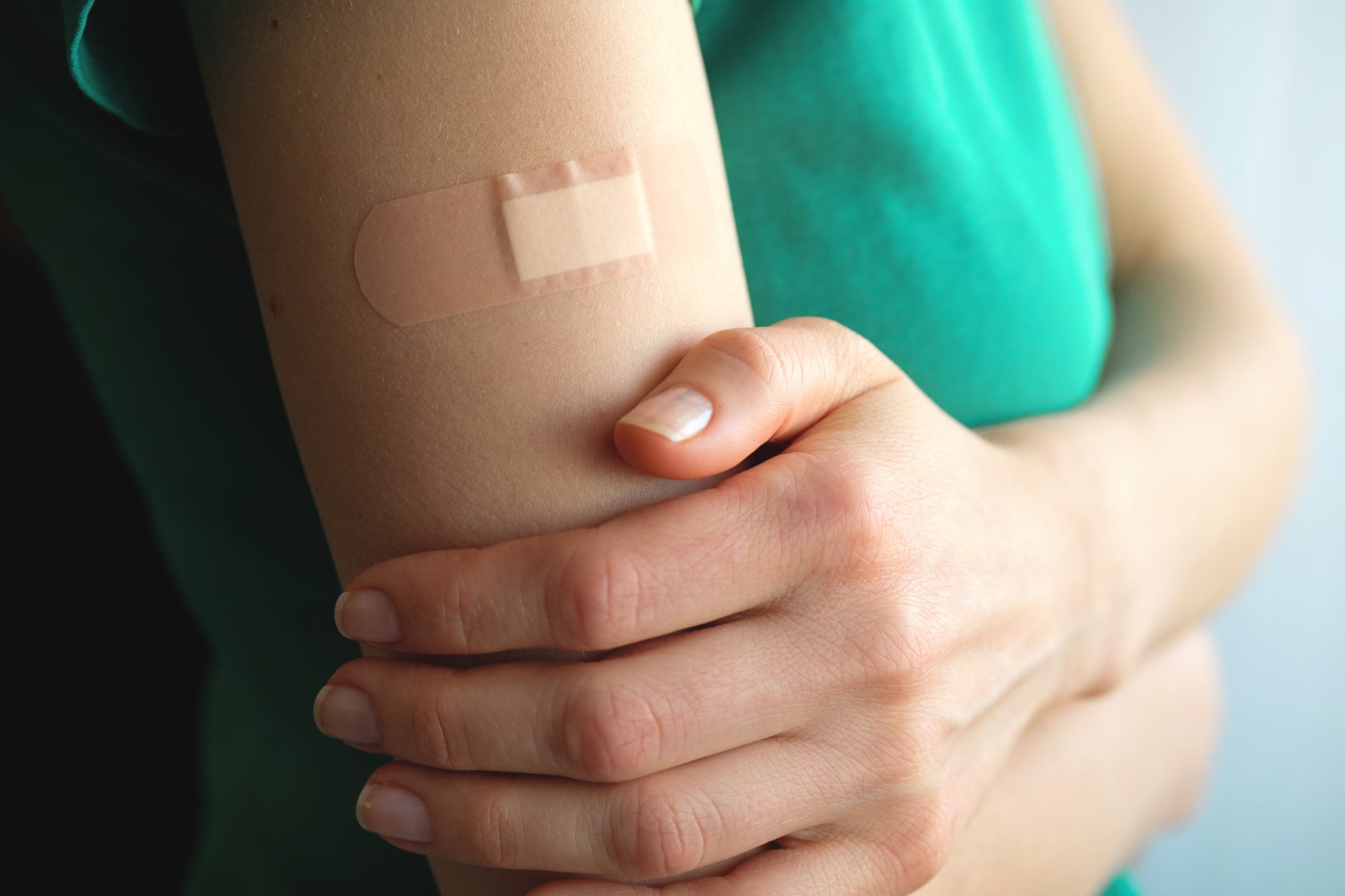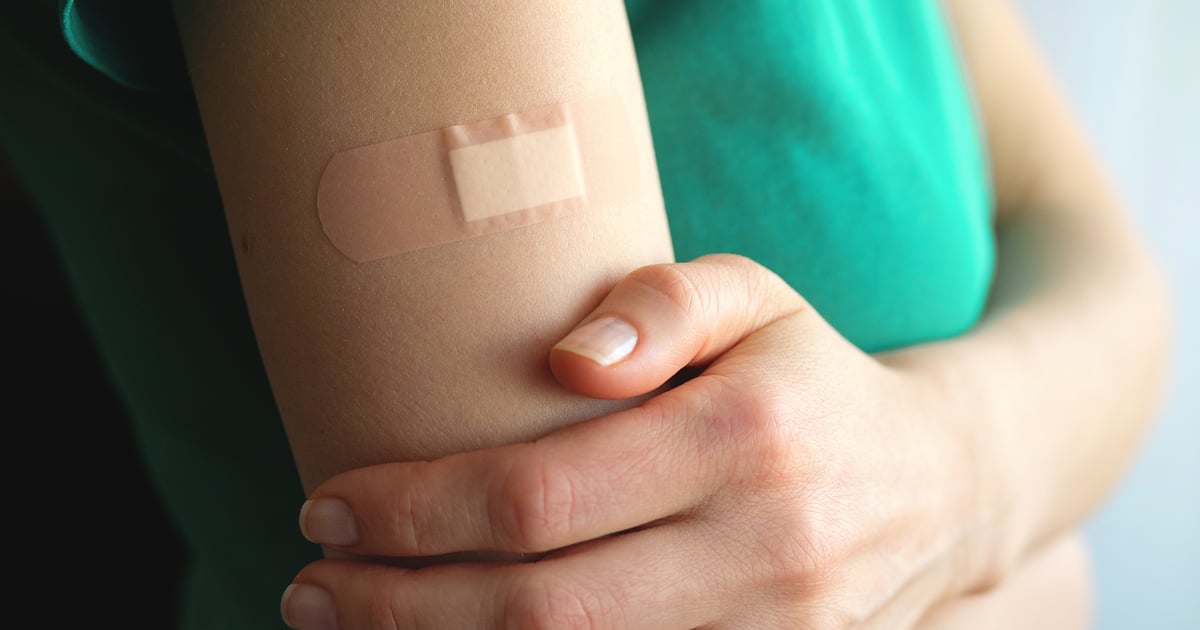Products You May Like

On May 5, the Food and Drug Administration announced that it was updating the use of the Johnson & Johnson COVID-19 vaccine. Its use has now been limited to people ages 18 or older who can’t get a different COVID-19 vaccine (either because they don’t have access to it or it’s not “clinically appropriate” for them — if they had a strong allergic reaction to an mRNA COVID shot in the past, for instance) or who refuse to get a different approved or authorized COVID-19 vaccine.
“After conducting an updated analysis, evaluation and investigation of reported cases, the FDA has determined that the risk of thrombosis with thrombocytopenia syndrome (TTS), a syndrome of rare and potentially life-threatening blood clots in combination with low levels of blood platelets with onset of symptoms approximately one to two weeks following administration of the Janssen COVID-19 Vaccine, warrants limiting the authorized use of the vaccine,” the FDA press release announcing the update stated.
This is not the first time there have been concerns about the risks associated with the Johnson & Johnson COVID-19 vaccine. In April 2021, shortly after the Food and Drug Administration granted it emergency use approval, federal agencies recommended a temporary pause in distribution of the J&J vaccine after six women developed this rare blood-clotting disorder following vaccination. Eleven days later, however, the pause was lifted.
If you’ve received a J&J shot, you may be concerned — understandably so. Fortunately, these complications appear to be extremely uncommon, and the risk seems to be highest within one or two weeks of getting the J&J vaccine. The FDA said they’d identified 60 cases of TTS and nine deaths, but The New York Times reports that’s out of 18 million doses administered. “The FDA has determined that the reporting rate of TTS is 3.23 per million doses of vaccine administered and the reporting rate of TTS deaths is 0.48 per million doses of vaccine administered,” the FDA’s press release said.
Still, it’s good to know what symptoms to look out for in the days and weeks following your appointment, if you have recently received a J&J vaccine.
For people who got the vaccine within the last couple of weeks, developing severe headaches, abdominal pain, leg pain, or shortness of breath are all cause for concern, says Anne Schuchat, MD, principal deputy director of the Centers For Disease Control (CDC). If you’re experiencing these symptoms “you should contact your health care provider and seek medical treatment,” says Dr. Schuchat.
“Treatment of this specific type of blood clot is different from the treatment that might typically be administered,” the Food and Drug Administration and CDC explained in a joint, April 2021 statement. “Usually, an anticoagulant drug called heparin is used to treat blood clots. In this setting, administration of heparin may be dangerous, and alternative treatments need to be given.” While this complication seems to be extremely rare, it’s important to listen to your body and call your doctor if you’re concerned.
The FDA plans to continue to monitor the safety of the J&J vaccine. “We recognize that the Janssen COVID-19 Vaccine still has a role in the current pandemic response in the United States and across the global community,” Peter Marks, MD, PhD, director of the FDA’s Center for Biologics Evaluation and Research, said in the FDA statement. “Our action reflects our updated analysis of the risk of TTS following administration of this vaccine and limits the use of the vaccine to certain individuals.”
In March, the CDC recommended that people who’d received a J&J vaccine get a booster shot of a mRNA vaccine. Health officials are still stressing the importance of getting vaccinated against COVID-19; both Moderna and Pfizer offer mRNA vaccines that are safe and effective against the virus.
POPSUGAR aims to give you the most accurate and up-to-date information about the coronavirus, but details and recommendations about this pandemic may have changed since publication. For the latest information on COVID-19, please check out resources from the WHO, the CDC, and local public health departments.
— Additional reporting by Mirel Zaman
